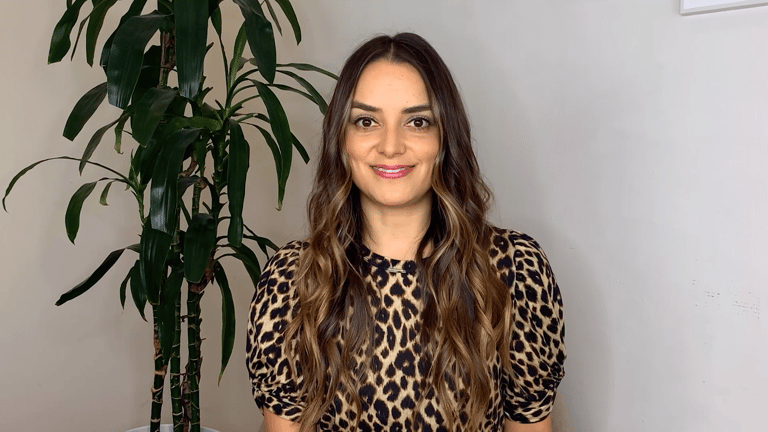
Did you know that about 80% of Americans have some form of debt? If you’re currently in debt, you are not alone, but now is the perfect time to start a debt reduction game plan and get out of debt.
What exactly is considered debt?
Consumer debt is money that is owed to a financial institution and is made up of four main categories: mortgage debt, auto loans, student loans, and credit card debt.
When it comes to paying off debt, it’s best to approach this with a solid game plan to ensure you can pay off your debt in the most efficient way. While many financial experts say some debt is better than others, it’s still important to have a plan on how to pay down what you owe.
Here's how to get started using this six-step framework:
Step 1—Get a lay of the land
A good place to start is to see exactly how much is owed and to what institution. List out all your debts (including the type of debt) with the balance of debt, interest rate, and minimum payment amounts. This means your credit cards, student loans, personal loans, and business loans. You can even factor in your car and mortgage loan or home equity line of credit into this list.
Step 2—Take a deep breath
Once you have the list of all your debts in front of you, take a moment to address your feelings about it. This is a key step in debt reduction, as sometimes feelings of shame, regret, overwhelm, and stress can come up. Many people abandon the plan at this stage because of the emotions that arise, so acknowledge how this debt makes you feel and from here, try to create a new state of mind to address your debt payoff plan.
Debt can happen for a number of reasons — mismanagement of money, high medical bills, spending beyond your means, or no other alternative option — but you must be brave enough to look the tiger in the eye and ask WHY you have this debt. This will give you the clarity you need about your spending and saving behaviors and might lead you to approach your relationship with money in a new light.
Step 3—Prioritize your debt payments
After you have a solid new mindset about paying off your debt, prioritize your list in order of highest interest rate to lowest. This will help you see how you can save the most money over time.
Step 4—Start from the top
Next, review your budget and determine beyond the minimum payments owed on each debt, how much more can you allocate per month for additional debt payments? Even if it’s just starting with an additional $100, this is a great start.
Now take a look at your list and work your way down. Add the entire additional amount to the debt with the highest interest rate, while paying the minimum amount on the rest. This debt reduction strategy — also known as the debt avalanche method — will save you the most money in interest payments over time.
Step 5—Celebrate your wins
Stay motivated and on track by taking time to celebrate milestones in paying off your debt. For example, treat yourself to a special “debt dinner” when you reach a debt payment goal. Set benchmarks for your plan, like quarterly goals, and then crush them!
Step 6—Budget and track your financial decisions
Continue to budget and review it regularly to ensure you are living within your means. This is where behavior management comes in and why it is important to address the root cause of your debts. More often than not, people focus their energy on paying off their debts but never address the root cause, and therefore find themselves right back in the same debt cycle they worked so hard to get out of.
Earning, saving, spending, and debt — your personal finances are emotional so it’s important to address your debt reduction with a holistic point of view.
Money is just as much an art as a science. By having a game plan in place to attack your debt, you can better navigate that fine line.
About Learn
Financial advice for real people, by real people. You shouldn't need a degree to understand your money. Join Head of Education, Brittney Castro and Altruist mentors as they break down financial tips and strategies in a real way to help you finally understand how to achieve your financial goals faster.
Have a question you want to see answered? Ask it here. 🙋♀️

